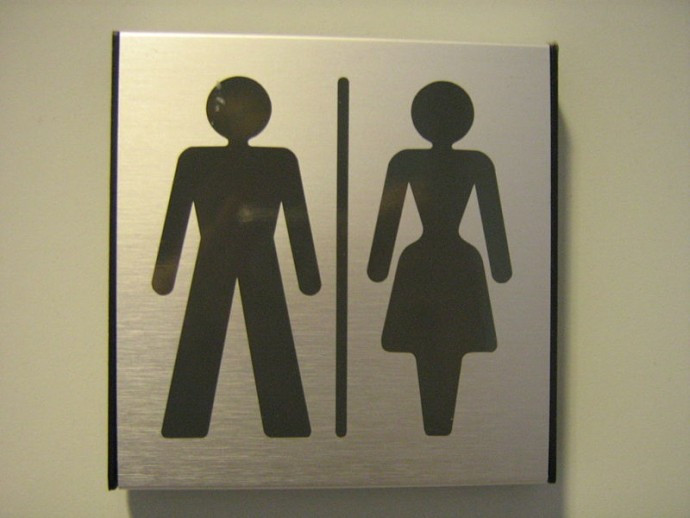Male Prisoners Switching Sexes to Get Special Treatment

Prison officers claim there has been a surge in the number of male prisoners who are declaring themselves transgender – in order to access facilities like separate changing rooms and laundry services.
A change in prison policy that came into force in 2011 to help prison staff look after transgender prisoners has had an unintended effect: prompting male prisoners to claim the right to live as a woman and led to an increase in complaints, legal cases and disciplinary action against prisons.
Prisoners are able to declare themselves transgender without having any medical or psychiatric assessment to diagnose gender dysphoria – where a person experiences discomfort or distress because of a mismatch between their biological sex and gender identity.
Since the care and management of transgender prisoners policy was introduced in 2011 about 100 male prisoners have won the right to live as women. They are able to dress as women and have the use of private washing facilities, access to separate gym changing rooms, and can only be searched by female prison officers.
Prison officers say this has led to false claims from prisoners who think declaring transgender status is a "soft option for prison life".
The increase has caused disciplinary problems for prison staff and governors.
Many complaints from transgender inmates have been linked to inappropriate behaviour, including aggression to oversexualised conduct.
Glyn Travis, of the Prison Officers Association (POA), said: "The numbers have increased since this policy because, although some are genuinely gender dysphoric, others are looking at it as a soft option for prison life."
Police are investigating an alleged sexual assault on a transgender inmate at Littlehey prison in Huntington, Cambridgeshire. Last year Full Sutton prison, near Year, was criticised by the prisons ombudsman after a transgender inmate committed suicide.
One prisoner Kimberley Hudson – who had been born Craig Hudson and is serving a life sentence for murdering his wife – secured taxpayer funding to challenge Frankland prison in Durham in the High Court for the right to wear a wig and prosthetics, have hormone and hair removal treatments, and use separate gym changing facilities.
A High Court judge dismissed the case but it is thought to have incurred a £40,000 legal bill.
A spokesperson for HM Prison Service said the figure of 100 transgender inmates was an estimate because prisons did not keep official records. "There are strict rules governing the management of transgender prisoners." But the spokesperson added the policy "is under review."
© Copyright IBTimes 2025. All rights reserved.




















